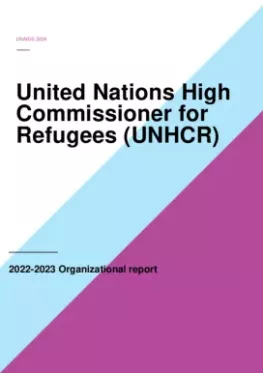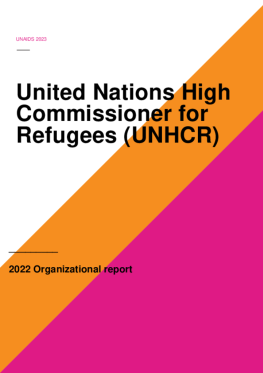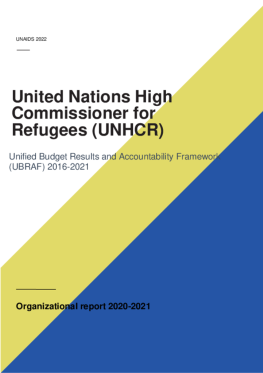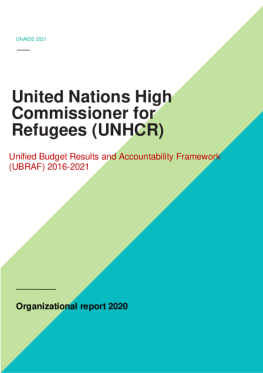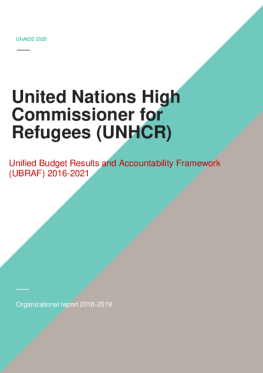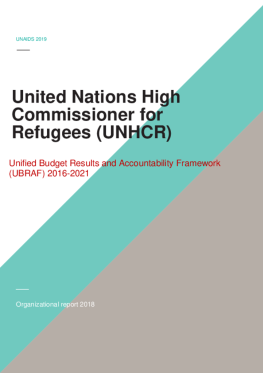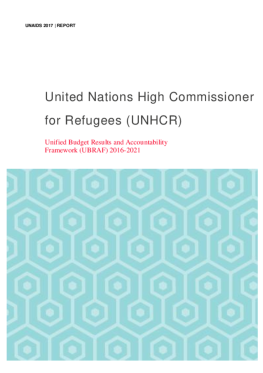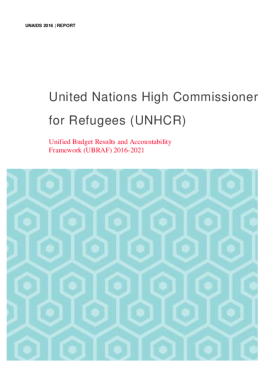UNHCR is mandated to lead and coordinate international action for the worldwide protection and well-being of refugees, forcibly displaced and stateless persons. UNHCR’s primary purpose is to safeguard the rights and well-being of refugees. It strives to ensure that everyone can exercise the right to seek asylum and find safe refuge in another State, and to return home voluntarily.
UNHCR’s Global Strategy For Public Health (2021–2025) contributes towards the health-related SDGs by translating evidence into action for both quality health service provision and addressing the social determinants of health. The right to health requires that health services are equitable, available, accessible and adapted to meet the needs of all people with particular attention to the organization’s age, gender and diversity policy. UNHCR aims to ensure that all forcibly displaced and stateless individuals are able to fulfil their right to access life-saving and essential health care; HIV prevention, protection and treatment; sexual and reproductive health services; food security and nutrition; and water, sanitation and hygiene services.
In 2022–2023, UNHCR supported continued HIV services for refugees and stateless persons in over 50 countries.
- Enhanced access of all refugees and forcibly displaced populations to HIV prevention, testing, treatment and care services, including essential health and nutrition and antiretroviral therapy.
- Reduced inequalities and made progress towards leaving no refugee behind. UNHCR leads globally in strategic interagency initiatives to improve the well-being, security and dignity of refugees and displaced persons, including by advancing gender equality and addressing gender-based violence through multisectoral actions
- Increased support mobilized for HIV prevention, treatment and care among refugees/forcibly displaced populations. The inclusion of refugees in Global Fund proposals has increased significantly across HIV, tuberculosis (TB) and malaria programmes (for HIV, it increased from 15% in 2017 to 60% in 2021).
- Enhanced inclusion of refugees in national health, social protection and education systems, policies and programmes. UNHCR's 2023 annual public health inclusion survey showed that refugees were included in the national health plans and policy frameworks of 80% of the surveyed countries.
- Promoted and supported equitable provision of healthcare services. UNHCR scaled up cash-based interventions, 95% of which are unrestricted. In 2022, it delivered US$ 977 million to some 10 million people in more than 100 countries, including in challenging contexts.


